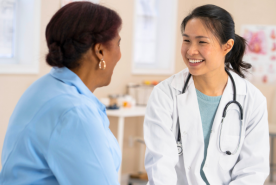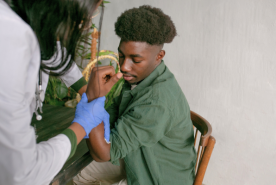
February 18, 2026
Advocacy
“It Was About Reclaiming My Life”: Why Transplant Transparency Matters

February 17, 2026
Patient Stories
Florida Scuba Diver Instructor Donates A Kidney to a Child He’d Never Met

February 13, 2026
Advocacy
Why Early Kidney CKD Testing Matters and How Medicare Quality Programs Can Help

February 12, 2026
Patient Stories
2025 Steelers Fan of the Year Turns Kidney Disease into a Life-Saving Mission

February 11, 2026
Advocacy
What Medicare Drug and Plan Changes Mean for Kidney Disease Care in 2027

February 10, 2026
Patient Stories
“Kidney Disease Will Never Have Me”: How a College Community Rallied Around Its Beloved President

February 06, 2026
Research
Professional Education
Rethinking Kidney Health: Advancing Albuminuria is Mission Possible

February 04, 2026
Advocacy
Kidney Advocacy Wins for Kids with Kidney Disease
Learn More About Kidney Health
Pagination
NKF Press Room
Access the latest press releases, media resources, and contact information from NKF.




